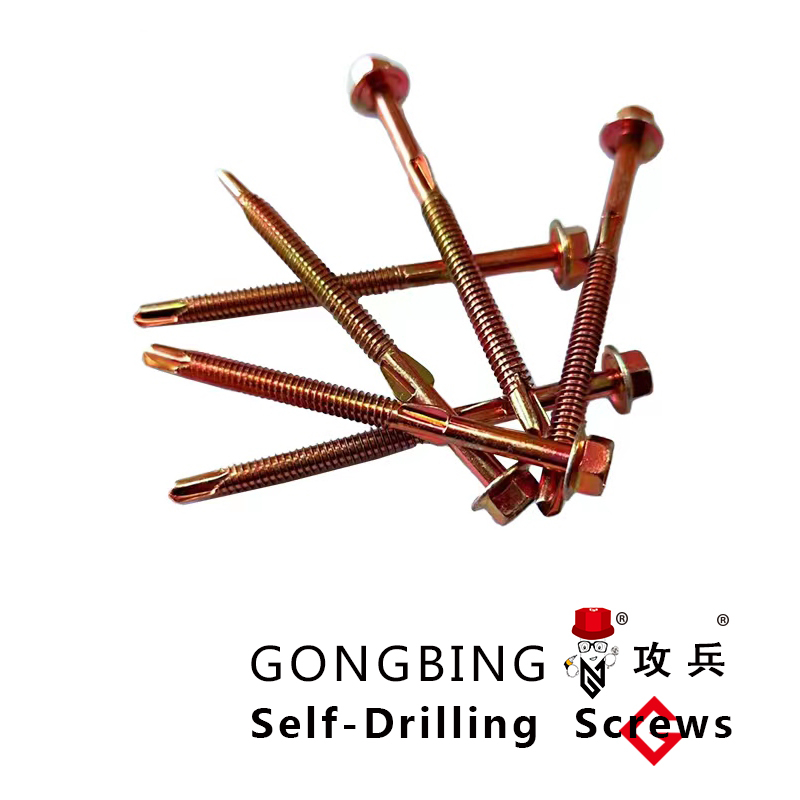Foundation Bolts Specifications | High-Quality Anchoring Solutions
Foundation Bolts Specifications An Overview
Foundation bolts play a critical role in construction, anchoring structures securely to their foundations. These bolts are essential components in various applications, including skyscrapers, bridges, and industrial facilities. Ensuring the correct specifications for foundation bolts is vital for structural integrity and safety.
Types of Foundation Bolts
Foundation bolts come in various types, each suited for specific applications. The most common types include L-shaped bolts, J-bolts, and anchor rods. L-bolts are designed with a distinct bend, providing a solid anchor point in concrete. J-bolts feature a hook at one end, which prevents pull-out failures. Anchor rods, often used in heavy construction, are designed to resist tensile forces exerted on the structure.
Material and Coating Specifications
The material of foundation bolts significantly affects their performance. Common materials include carbon steel, stainless steel, and galvanized steel. Stainless steel provides excellent corrosion resistance, making it suitable for harsh environments. Galvanized steel offers a protective zinc coating, extending the life of the bolt while ensuring structural stability. The choice of material depends on factors such as environmental conditions and load requirements.
Coatings must also meet specific criteria. The American Society for Testing and Materials (ASTM) provides guidelines for selecting appropriate coatings based on exposure conditions. A proper coating not only enhances durability but also minimizes maintenance needs over time.
foundation bolts specifications

Load Specifications
Load specifications are a crucial aspect of foundation bolt selection. Engineers must consider both tensile and shear loads that the bolts will encounter. This data is typically derived from factors such as the weight of the structure, environmental loads (like wind and seismic activity), and soil conditions. Bolts must be able to withstand both static loads and dynamic forces during their lifespan.
Installation and Quality Control
Proper installation is essential to ensure the effectiveness of foundation bolts. The installation process should follow strict guidelines to maintain the integrity of the bolts and avoid future failures. Moreover, quality control is paramount throughout the manufacturing and installation processes. Regular inspections and testing, including tensile testing and corrosion assessments, are necessary to ensure that the bolts meet the required specifications.
Conclusion
In summary, foundation bolts are vital components in the construction industry, serving as essential links between structures and their foundations. Understanding the specifications regarding types, materials, coatings, load capacities, and installation practices is crucial for engineers and construction professionals. By adhering to these standards, one can ensure the safety and longevity of the structures we build.
-
Weatherproof Plastic Expansion Anchors for OutdoorNewsJun.06,2025
-
Sustainability in the Supply Chain: Eco-Friendly TEK Screws ProductionNewsJun.06,2025
-
Load-Bearing Capacity of External Insulation FixingsNewsJun.06,2025
-
Double Head Bolts: Enhancing Efficiency in Industrial MachineryNewsJun.06,2025
-
Corrosion Resistance in Chipboard Screws: Coatings for Wholesale DurabilityNewsJun.06,2025
-
Butterfly Toggle Bolts : Enhancing Structural ResilienceNewsJun.06,2025
